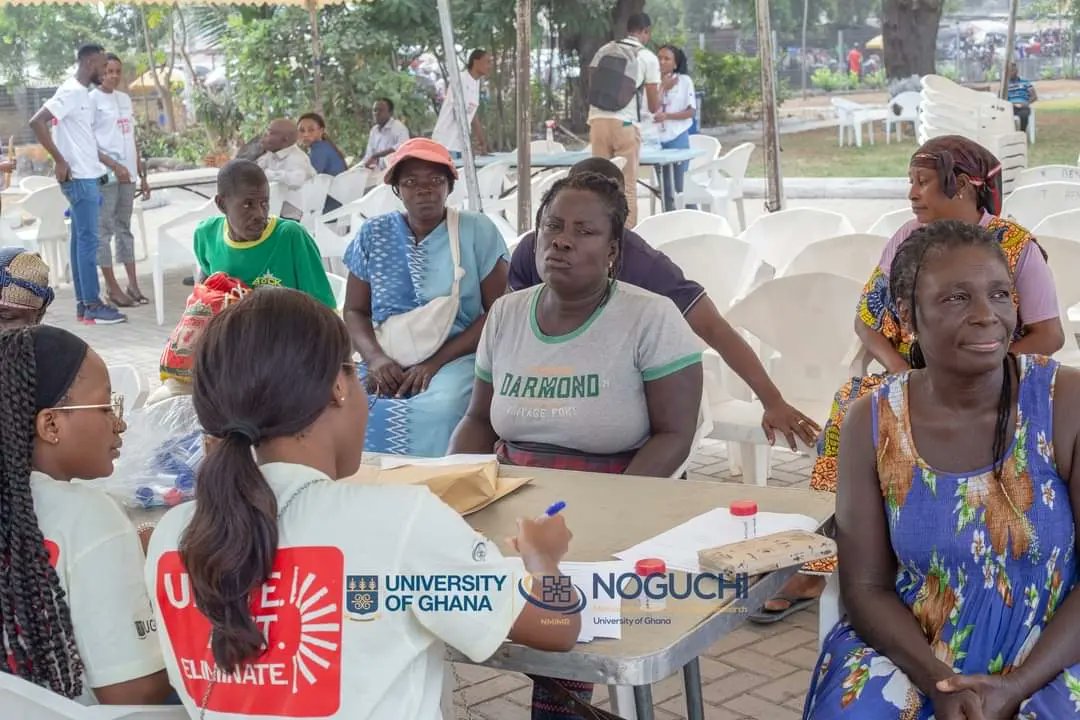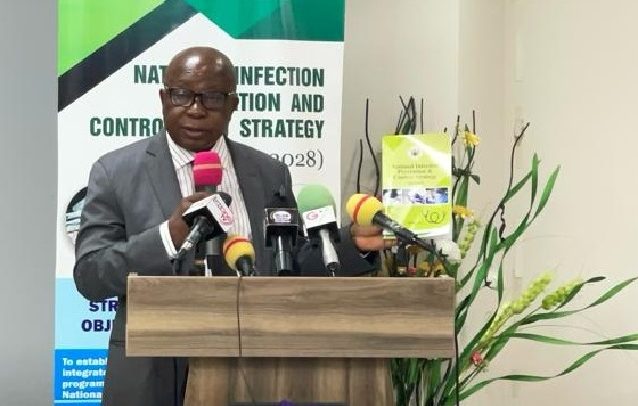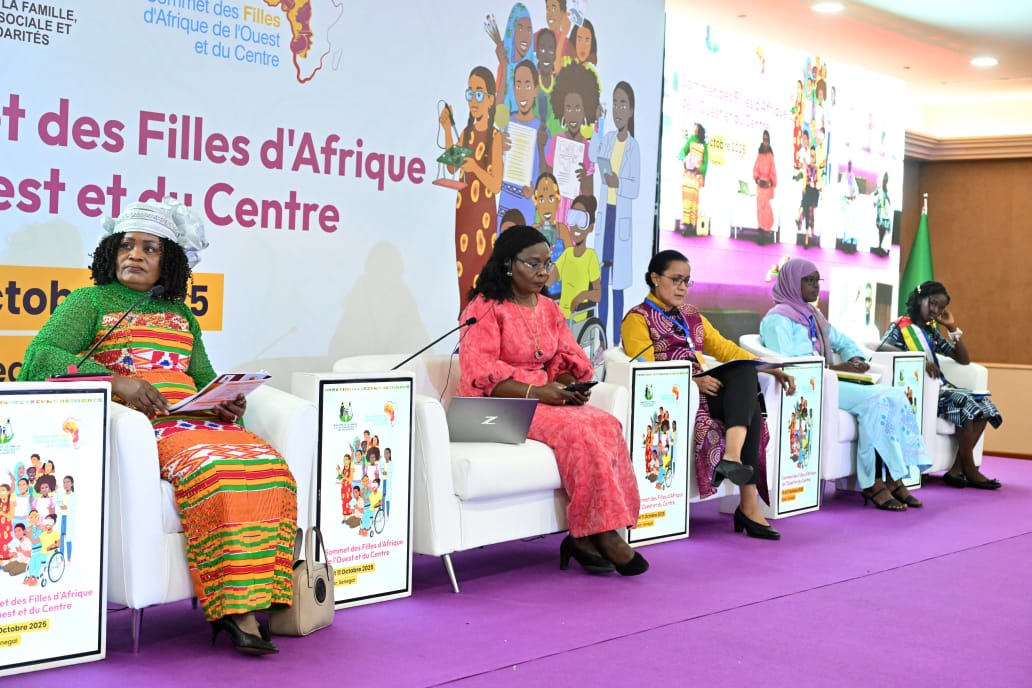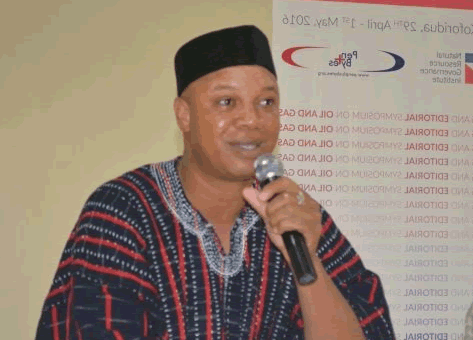
Government has been enjoined to prioritize the control and treatment of Neglected Tropical Diseases (NTDs) in Ghana’s National Health Policy.
Lymphatic Filariasis also known as elephantiasis used to be endemic in 98 districts in Ghana but has been eliminated except in 7 districts in 3 regions.
The disease like all the NTDs has been observed to affect the poorest of the poor.
Research conducted by a professor of parasitology at the Kwame Nkrumah University of Science and Technology (KNUST), Professor Alexander Yaw Debrah and his team has shown that elephantiasis and hydrocele patients cannot afford basic medical bills.
Delivering his Professorial Inaugural Lecture on the topic “Eliminating Filarial Diseases: A New Hope for an Old Battle”, Prof Yaw Debrah trusts that, including elephantiasis management in the National Health Insurance Scheme will enable patients to have access to medical attention and help the country achieve the sustainable development goal 3 of ensuring that no one is left behind in accessing quality healthcare.

“To help eliminate filarial diseases such as elephantiasis, hydrocele and river blindness from Ghana and Africa, we need to ensure that Neglected Tropical Diseases (NTDs) control is a priority in the national health plans and budgets. We need to allocate sufficient funds for NTDs control programs, including surveillance, treatment, and research. Eliminating NTDs will eliminate other aspect of SDGs such as poverty reduction and empowerment of women”.
The Dean of the Faculty of Allied Health Sciences at KNUST called for the inclusion of elephantiasis patients on Livelihood Empowerment Against Poverty (LEAP), a social protection intervention of the Government of Ghana aimed at reducing extreme poverty among the extreme poor and vulnerable.

“We saw from our research data that the little help we gave to the patients actually improved their quality of lives so if the government extends the LEAP to the elephantiasis patients, it will definitely improve their quality of lives.
Prof Yaw Debrah emphasised on the regular assessment of the effectiveness of control programs and adjusting of strategies.
“Our experiences from yaws eradication program and other NTDs programs both local and international teach us that the last 1% of patients left is as equally important as the first 99% we successfully treated. Therefore, we should be very careful not to close the books on “eliminated NTDs”. If you are certified to eliminate a disease, it does not mean it is completely eradicated from the country. What it means is that it is no longer a public health threat. However, if care is not taken, recrudescence can set in and fighting to control it will be very difficult due to many factors such as donor apathy and disengagement”
To eliminate NTDs in Ghana and Africa, the professor of parasitology stressed on the need tonfoster partnership and collaborations between policy makers, researchers and the academic institutions.
“We need to encourage international cooperation and collaboration, public-private partnerships, and NGO involvement. International Community must financially commit some funds eg 1% of global health overseas development assistance to fund NTD programmes, which will support the delivery of the World Health Organisations NTD road map (2021-2030) and that can contribute towards the target of 100 countries eliminating at least one NTD by 2030.
“Far from being a health problem of poverty-stricken communities only, NTDs are relevant to several Sustainable Development Goals and current cross-cutting global priorities, including, Universal health coverage (UHC).
“The goal of ensuring everyone has access to the full range of quality health services they need, when and where they need them, without financial hardship, cannot be achieved without reaching the bottom billion affected by NTDs.”
Raising awareness about NTDs, their prevention, and treatment to encourage community participation has been identified as crucial in the control and management of the disease.
“Once the communities accept it as a collective responsibility, we can all tackle the obstacles to eliminate the diseases”, Prof Yaw Debrah concluded.
The post NTDs control should be a priority in our national health policies – Prof Yaw Debrah first appeared on 3News.
Read Full Story






















Facebook
Twitter
Pinterest
Instagram
Google+
YouTube
LinkedIn
RSS